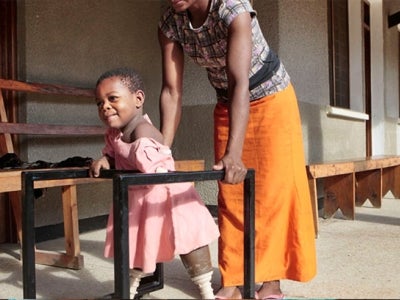
25Armenia.jpg
By Mr. Rubik Shahazizyan, Head of Environmental Education Project Department, Ministry of Nature Protection of Armenia
Cooperation between the Republic of Armenia and the GEF cooperation began as early as 1993 and continues in effective operation in searching and finding solutions to the main environmental challenges. Over this time, implemented projects have significantly improved the system of specially protected natural areas, with new ones being established. And activities targeted on energy saving, climate change, agriculture, capacity building, and the management of hazardous substances have all made progress.
This cooperation has resulted in a significant increase in the level of civil society's involvement in identifying environmental problems and ways of solving them, including measures for development and implementation. Within the GEF's Small Grants Programme, in particular, Armenia's communities in various places have taken part in demonstrating practices for raising energy efficiency, using renewable energy sources, conserving biodiversity and harmoniously solving socio-economic problems and in raising awareness of the negative impacts of persistent organic pollutants and toxic chemicals
The importance of the cooperation was made clear by the decree of the Prime Minister of the Republic of Armenia establishing a GEF Steering Committee to ensure more transparent procedures for identifying national priorities and selecting GEF-funded projects. The Committee is composed of representatives from interested ministries, academic institutions, NGOs and national coordinators of environmental conventions, and its activities are chaired by the Minister of Nature Protection who also serves as the GEF national and operational coordinator in the country.
Cooperation with Armenia is also highlighted by the GEF, which has held meetings with the ministers of Nature Protection both in Armenia and in other countries.
In total, the GEF has supported 32 national and 11 regional projects in Armenia, worth US $166.65 million through its implementing partners (WB, UNDP, UNEP, FAO, UNIDO, ADB, IFAD etc.) . Projects have been aimed at mitigating the impacts of climate change impacts, conserving flora and fauna and improving their conditions for reproduction, preventing land degradation and integrating sustainable land use, managing persistent organic pollutants, comprehensively managing river basins, safeguarding international (transboundary?) waters , and reducing ozone depletion.
We are confident that the cooperation between Armenia and the GEF will develop vigorously and contribute to the effective solution of the environmental challenges facing the country.

